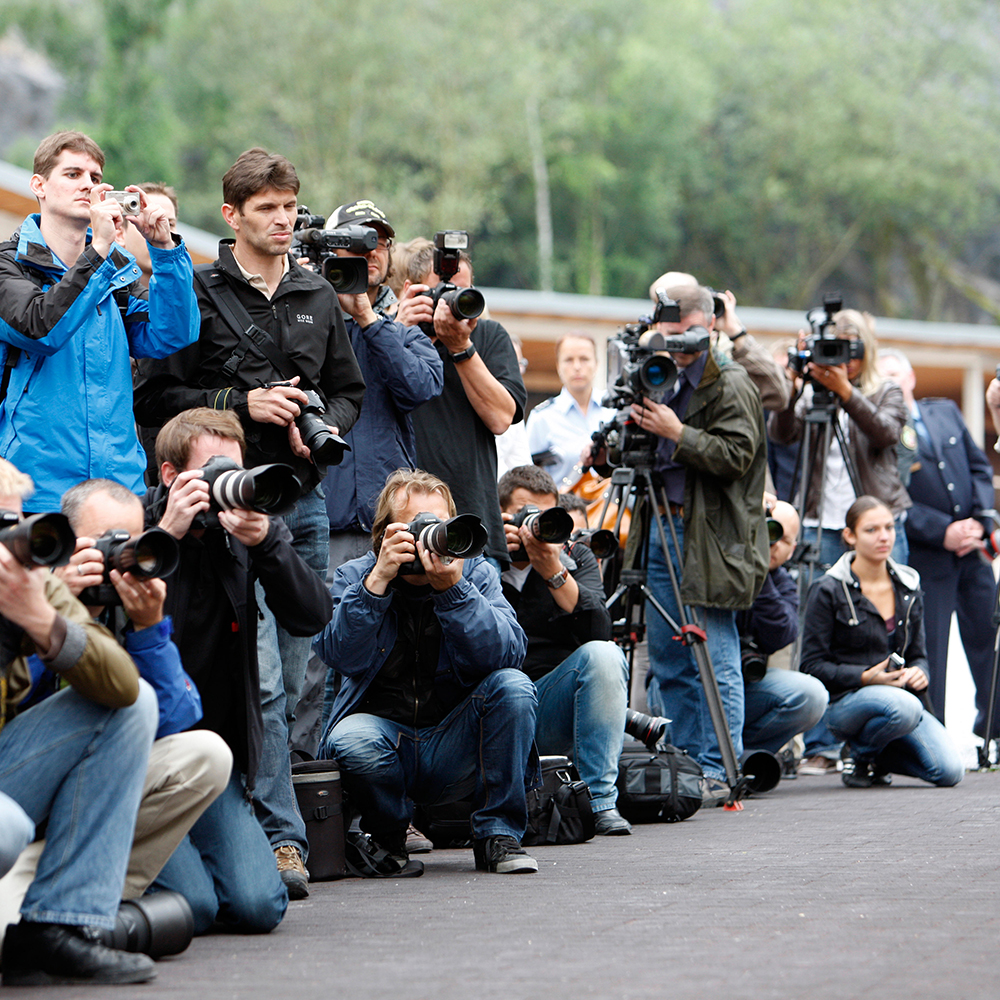How to Understand the News Cycle
Get a new perspective on the news cycle and how journalists make news decisions
This four-hour course will help you sharpen your eye for a story, understand how the news cycle, how newsrooms function today and what gets editorial coverage.
What You’ll Learn: How news works, fact vs opinion and how newsrooms operate
What makes a story news? How do reporters decide what to cover and where do they find stories? What determines which stories lead the news agenda or go viral? With insights from reporters and editors who are making the news, you’ll learn how journalists think and reveal the secrets of their decision making – helping you develop your own “nose for news”.
We’ll demystify newsroom structure and show you how some of the UK’s most well-known and reputable outlets are organised. From day-to-day operations to long-term planning, you’ll broaden your understanding of exactly what goes on behind-the-scenes at broadcasters and publications.
How you’ll learn
This two-module course to help understand the news cycle will be led by an experienced trainer who will share their practical expertise through presentations, discussion and practical exercises – ensuring you have opportunity to reinforce your learning, test your understanding and receive feedback from an experienced editor.
Who the course is for
This course is for you if you want to hone your news sense and understand how newsrooms really work, and/or try to secure more coverage for your campaign, company, organisation or clients. We also offer a full-day version of this course, How Newsrooms Work: Understand How News is Made.
We currently offer this course as bespoke training for teams and can deliver it remotely, or in your offices. Get in touch using the button below to discuss times and dates, as well as how we can tailor it to your needs.
Course Modules
What Makes News?
- What makes a news story
- News sources and demographics
- Hard and ‘soft’ news
- Recognising fact and opinion
- Knowing your audience
How Newsrooms Work
- How newsrooms are organised
- The editorial decision-making process
- What journalists want (and don’t want)
- Matching a story to the right journalist
- Opportunities outside the news cycle

How to Understand the News Cycle
Get a new perspective on the news cycle and how journalists make news decisions